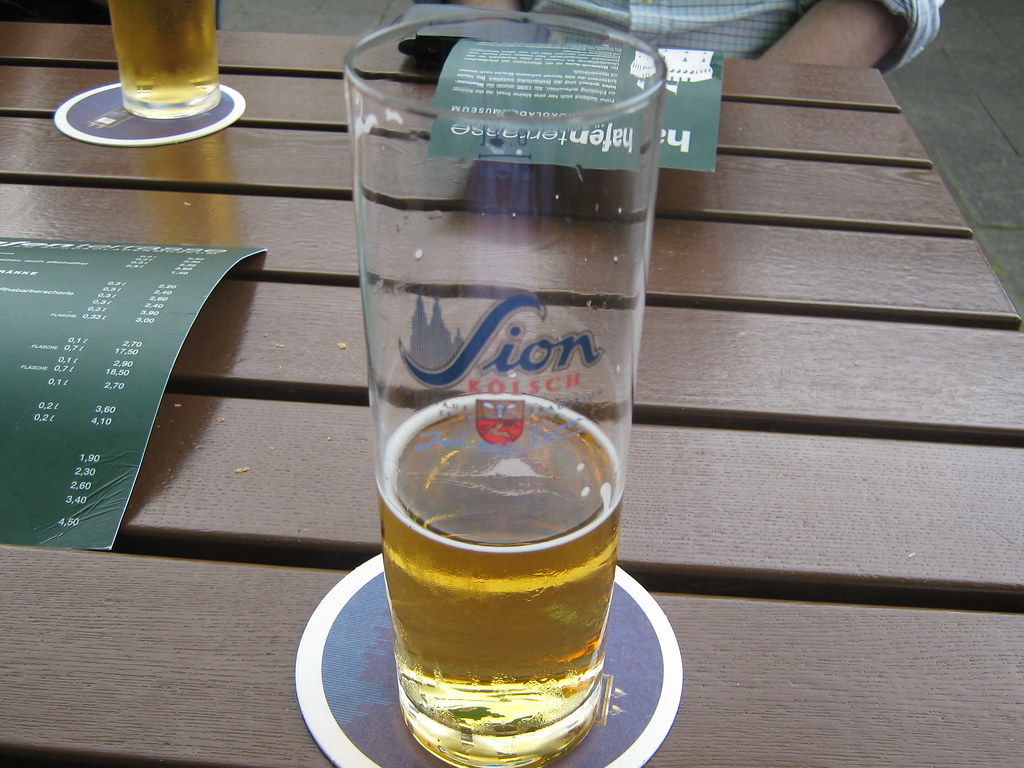Thing 12 - Bookmarking tools
If it's not too lazy of me, I'll restrict myself to using
Delicious for Thing 12, rather than all three suggested websites. My brother is staying with me this week, and we are quite busy getting up to mischief in the evenings, so I haven't got much time to explore the Things outside work.
First things first. The idea of social bookmarking is a smart one, both because it enables you to share favourite websites with others and because it lets you access your own bookmarks yourself (keeping them private, if you want) from any internet computer. So much more convenient than having to configure umpteen web browsers on as many different computers.
I have a little experience of Delicious already, albeit essentially second-hand. My colleague Anna has created a
Delicious account for users of King's College Library, both patrons and library staff. This account groups together links to useful websites - ebooks, publishers, other libraries, cataloguing guidelines, and so on - and has recently begun to incorporate a number of
useful online texts for the use of students of the Pembroke-King's Programme, which runs every summer for eight weeks. Anyway, the point is that I am already conscious of some of the advantages social bookmarking possesses for libraries.
 |
| You call that delicious? This is delicious! |
When you hear the name Delicious you probably imagine something exciting and extravagant (Cologne's
Schokoladenmuseum, for instance - of which more later, I am sure), but aesthetically, the website is ever so slightly austere - elegantly minimal, you might say - and the notion of sharing links is perhaps more techie than sexy. That said, there's no reason why it can't be both - texy, if you will - and any reservations about its appearance are easily overcome when its functionality becomes apparent.
Setting up
my own account was simple enough, though I couldn't install the Firefox add-on as it was not compatible with my current browser, Firefox 5.0, which was released in June. Presumably this issue will be resolved sooner rather than later, but for the moment I used the bookmarklet, which lives on my newly enabled bookmarks toolbar.
I decided to assemble a collection of bookmarks related to music, whether websites I visit regularly or pages of interest I bookmarked myself months ago with the intention of exploring further at some point. Eventually the list began to look a little unwieldy, which is where the tagging system became useful.
Tags help you to isolate similar sites from within a group of bookmarks, which is arguably a better arrangement than the way web browsers organise bookmarks: within folders, each bookmark with its own fixed place. Multiple tagging can make it easier to find a particular bookmark, and allows you to place any single bookmark in any number of separate disciplines. In Firefox at home, I have separate folders for blogs and music, but where do I bookmark a blog about music? I don't have to worry about that with Delicious.
Another thing I like is the simplicity of changing your settings so that links open in another tab or window as a default. I've come to realise that I'm quite tyrannical about this sort of thing. The 'house style' of this blog, if it's not too pretentious to write of such a thing, is that links to pages within the blog open in the same window, while links to external sites open in a different window. If you suffer from a similar neurosis, here is how to change your settings on Delicious:
- Click 'Display options' at the top of your list of bookmarks
- Choose 'View advanced options'
- Choose to open bookmarks in 'new window'
There is one problem I know I am not the first person to have identified, which is that you can't include spaces within tags. That can be awkward if, for example, one of your intended tags is someone's name. I wanted to tag the singer Peter Pears in one of my bookmarks. Clearly if I tag his two names individually, clicking one tag will produce results about several Peters, while the other will produce results mainly about fruit.
 |
| Pears: created the role of Albert Herring in 1947 |
So what is the solution? Using a hyphen or a full stop or an underscore to break up the names? In the end I just ran them together as PeterPears, and repeated that formatting in other tags, but as there is no standardisation there is no guarantee of finding other people's bookmarks on the same subject when you click the tag. Perhaps something for the Delicious bods to think about.












